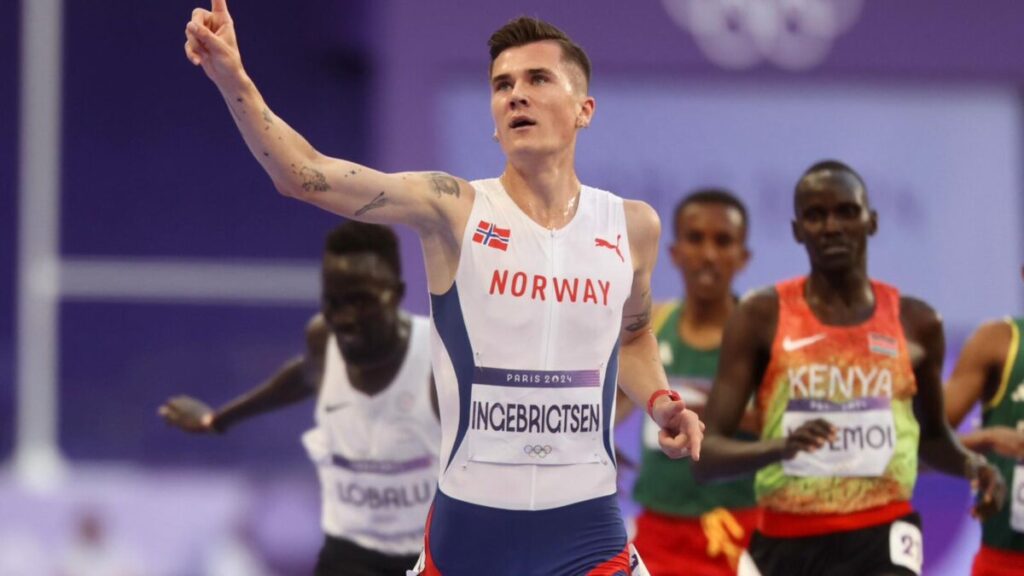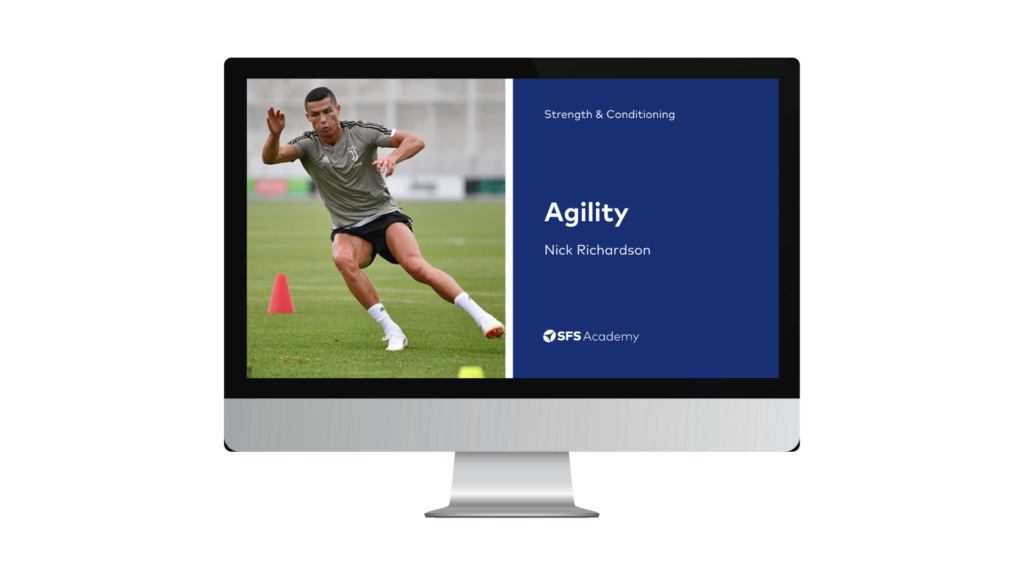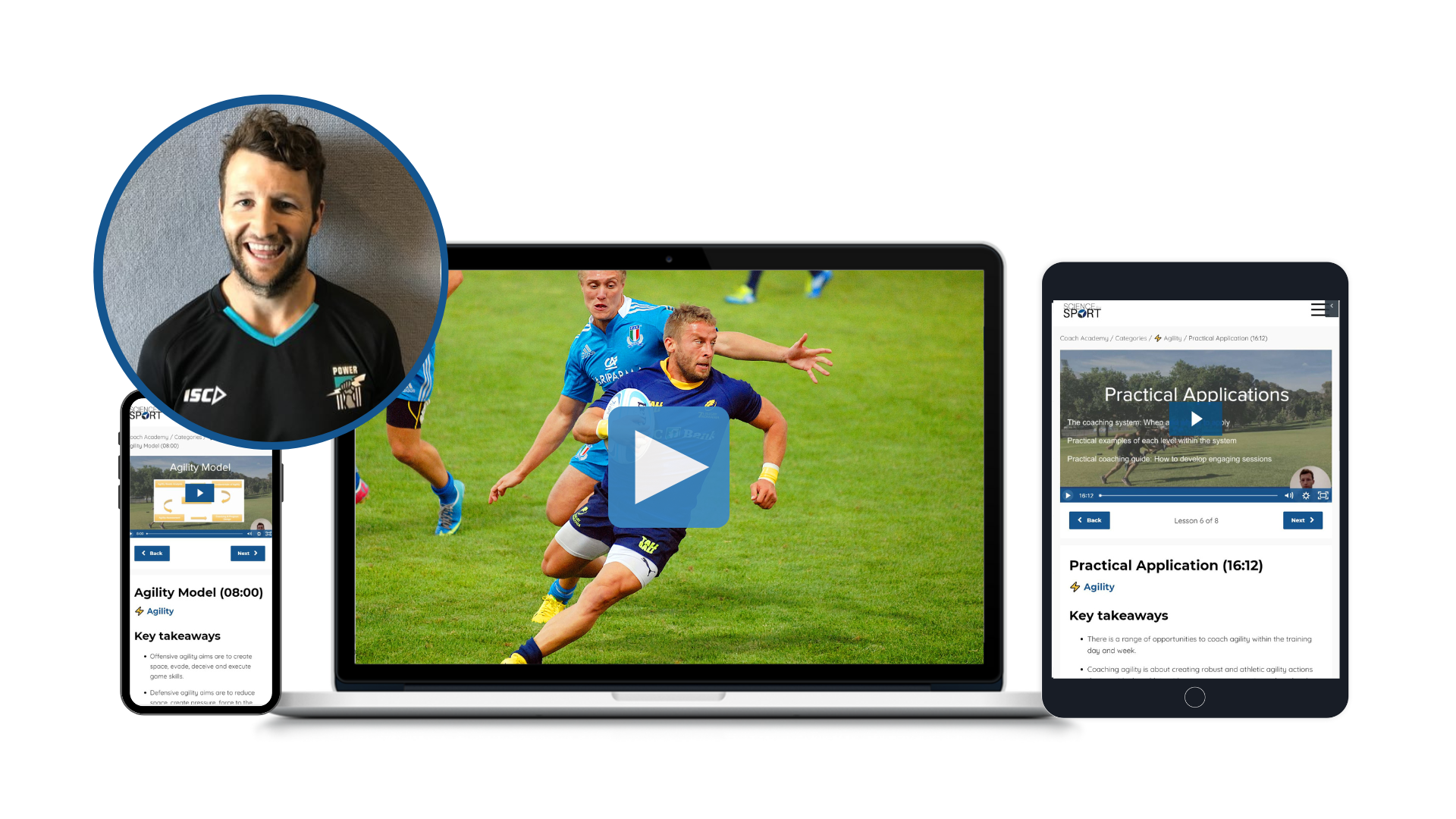This week in the world of sports science, here’s what happened…
- Live sports data from Jakob Ingebrigtsen’s 5000m Olympic victory
- Is Turkesterone an effective supplement for body composition?
- An insight into the pre-season testing for the Emirates Lions rugby team
Live sports data from Jakob Ingebrigtsen’s 5000m Olympic victory

Earlier this month, Jakob Ingebrigtsen achieved Olympic success in the 5000m final. A YouTube video documenting his training data from February leading up to the 5000m Olympic race was recently published. The data was obtained from his COROS watch, which is one of his sponsors.
The video commences with an illustration of the eight-week high-volume training phase that Ingebrigtsen commenced in February. It is compelling to observe the substantial enhancements in Ingebrigtsen’s baseline fitness during this phase. Following a brief taper, the subsequent phase of Ingebrigtsen’s training concentrated on race-specific training. Additionally, the video offers insightful analysis of Ingebrigtsen’s heart rate variability data. It is noteworthy that the low points in the heart rate variability analysis during this period aligned with the birth of his daughter and the commencement of his altitude training.
Further in the video, a comprehensive analysis of the 5000m final is provided. The live data at various stages of the race is presented through graphs. Interestingly, Ingebrigtsen’s heart rate was 121 beats per minute at the start line. Data was consistent from the start up until the 3000m mark, with an average heart rate of 176 beats per minute and an average cadence of 188 steps per minute. Beyond 3000m, his heart rate increased to 180 beats per minute, with his step cadence rising to 193 steps per minute, corresponding to an increase in pace by the front runners. In the final 600m, Ingebrigtsen reached his maximum cadence of 223 steps per minute with an average heart rate of 183 beats per minute.
If you’re a sports data enthusiast, this video is a must-watch as it offers a rare inside look into the live data of an Olympic final race. Also, don’t forget to check out our excellent blog on Heart Rate Variability our course Aerobic Conditioning while you’re at it!
Is Turkesterone an effective supplement for body composition?

Turkesterone (extracted from the plant Ajuja turkestanica), a popular supplement in the fitness industry, has purportedly been associated with increased testosterone concentrations and improved body composition. However, a recent study challenges these claims.
The study monitored 31 participants, both male and female, assessing their body composition and handgrip strength pre and post-intervention using a DEXA scan. The intervention divided participants into two groups: one receiving daily supplementation with 500 mg of Turkesterone and the other receiving a placebo of rice flour.
Ultimately, the research uncovered no discernible differences between the two groups post-intervention, suggesting that Turkesterone had no substantial effects on body composition or handgrip strength in healthy, active individuals. Consequently, the study calls into question the purported effectiveness of Turkesterone as a supplement.
We have a very relevant blog post written by our highly respected performance nutritionist, Dr. James Morehan. The post raises an important question: do athletes truly understand the reasons behind taking sports supplements?
Also, while we are on the subject of supplements, we have just released an excellent new course that we highly recommend checking out! Sport Supplements (click here)
An insight into the pre-season testing for the Emirates Lions rugby team

Last week, Samuel Wood shared an insightful post on LinkedIn regarding the pre-season preparations of the Emirates Lions, a South African rugby team, which garnered significant attention. The post features a video clip showcasing various tests and technologies utilised during their pre-season training.
In the video, DynaMo devices are demonstrated to evaluate joint range of motion and strength. The tests include shoulder isometric strength, hand grip strength, shoulder internal and external range of motion, and hip flexion range of motion. These assessments were conducted using the DynaMo Plus device and technology. Additionally, ForceDecks, a brand of force plates, were employed to measure countermovement jump performance. Wood highlights that this comprehensive pre-season testing battery offers valuable insights for the team’s medical staff regarding the players’ physical condition upon their return.
It should be noted that all testing technologies featured in the video are attributed to VALD Performance. This informative LinkedIn post and accompanying video provide an in-depth understanding of how an elite rugby team integrates advanced tests and technology into their pre-season regimen.
If you are interested in learning more about VALD Performance why not check our blog ForceDecks Dual Force Plate System by VALD. Also if you are interested in force plates, check out our excellent course: Force Plates
From us this week:
>> New course: Sport Supplements
>> New podcast: All Those PhDs And Not A Single Smart Person
>> New infographic: Curcumin Supports Recovery In Elite Soccer Players
>> New article: ForceDecks Dual Force Plate System By VALD
Access to a growing library of sports science courses
SFS Academy is an all-access membership to premium sports science education.
With SFS Academy, you’ll learn from some of the best coaches around the world as they teach you how to apply the latest research and practice with your athletes.



